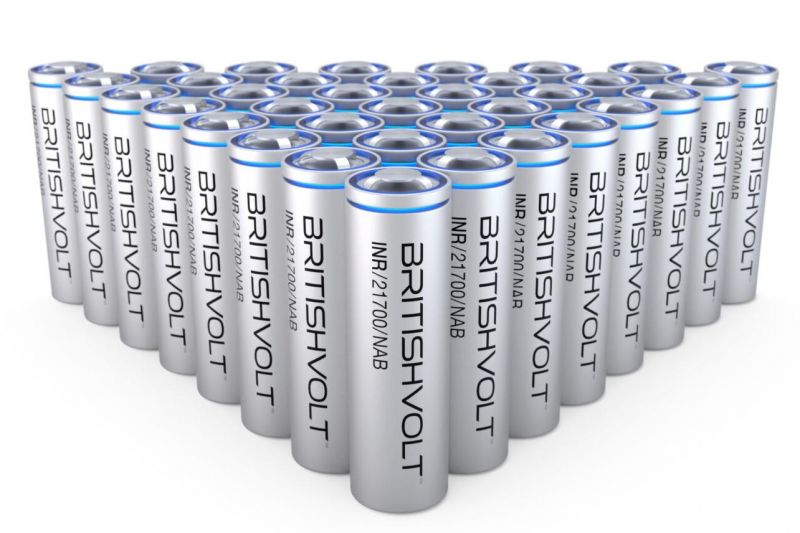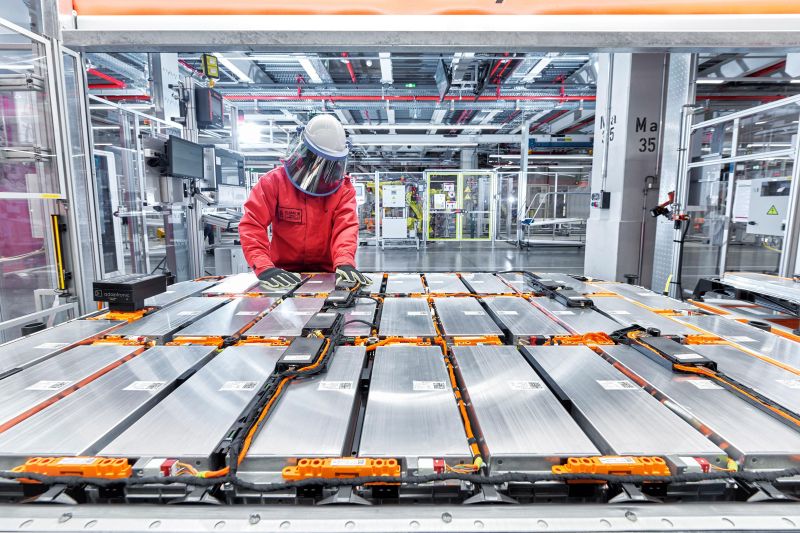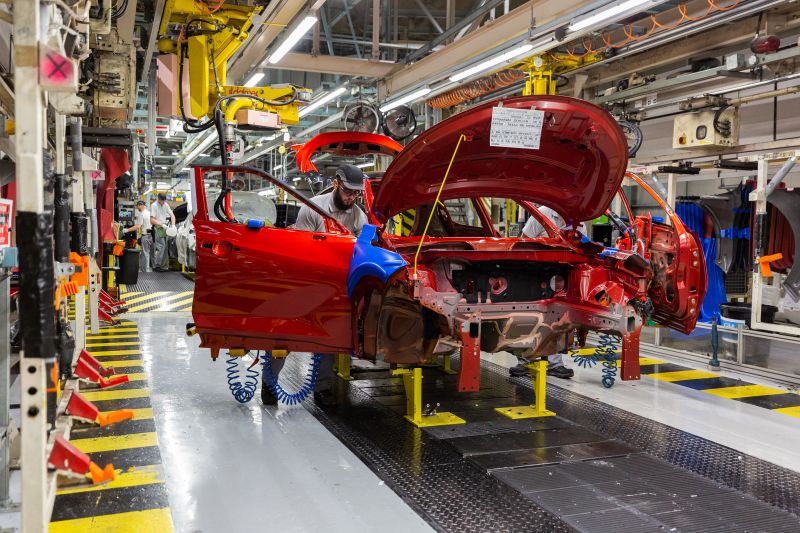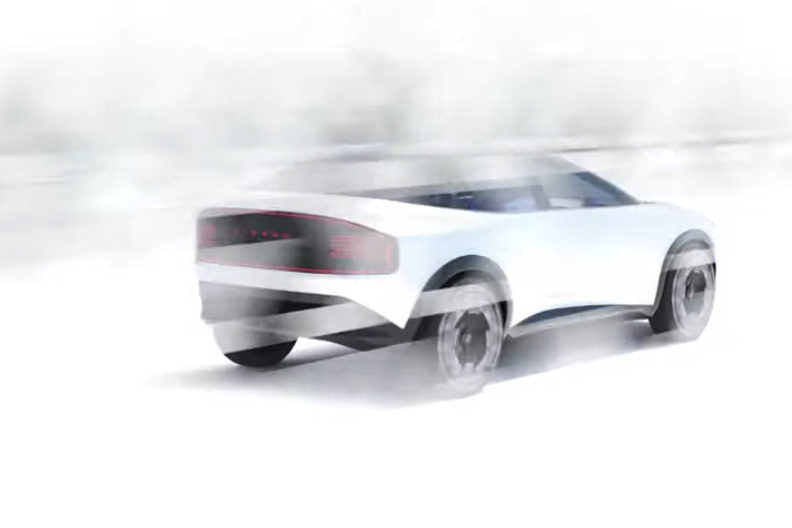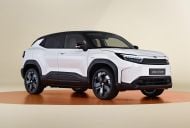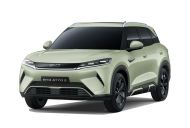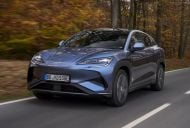A British company with plans to build a massive lithium-ion battery factory to supply the UK car industry has been bought by Australian firm Recharge Industries.
The BBC reports Britishvolt was planning to build a £4 billion plant near Northumberland aimed at supplying the UK’s carmakers with lithium-ion batteries, but collapsed in January 2023 after months of financial turmoil.
What Recharge Industries paid for Britishvolt hasn’t been revealed.
“I was really taken by the passion and pride that the people have for the region and their determination to get behind a project that can drive lasting change,” said David Collard, founder and CEO of the New York-based investment fund behind Recharge Industries.
“We have the right plan in place, to match and support the region’s energy and ambition to become a major player in the international battery market.”
Rather than EV-ready technology, the BBC says Britishvolt will focus on making batteries for static storage ready for public consumption by the end of 2025.
From there, it plans to produce battery packs for sports cars.
Carmakers are currently evaluating their future in the UK. Honda ended manufacturing at its Swindon site in 2021, and Mini’s new range of electric cars will be built in China and Germany rather than its spiritual UK home.
Mini has confirmed it’ll keep building internal-combustion models in the UK, and has previously said petrol power will live on in its range until 2030.
Nissan has also committed to its future in the UK, with the announcement of a $1.8b EV hub in Sunderland.
In 2021, it announced plans for a £1 billion ($1.8 billion) electric vehicle hub in Sunderland, including a nine gigawatt-hour battery factory and a plant which will build up to 100,000 electric cars every year.
Nissan will build an as-yet unnamed electric crossover on the same CMV-EV platform as the upcoming Renault Megane E-Tech Electric on an upgraded vehicle assembly line at the new hub.
Australia currently gets the Leaf, Juke, and Qashqai from Sunderland, so there’s a strong chance Nissan’s mysterious Volkswagen ID.4 rival could come Down Under from the UK.
Nissan’s new battery factory will be able to produce 9GWh of batteries every year, more than four times the capability of Nissan’s current Sunderland site.
The batteries will be Nissan’s new Gen5 cells, which the company says offer 30 per cent more energy density than its current lithium-ion batteries.
Nissan says there’s potential to expand the site’s capacity to 25GWh by 2030 with further investment from Envision AESC, and could eventually match the Tesla gigafactory in Nevada with a 35GWh capacity.

